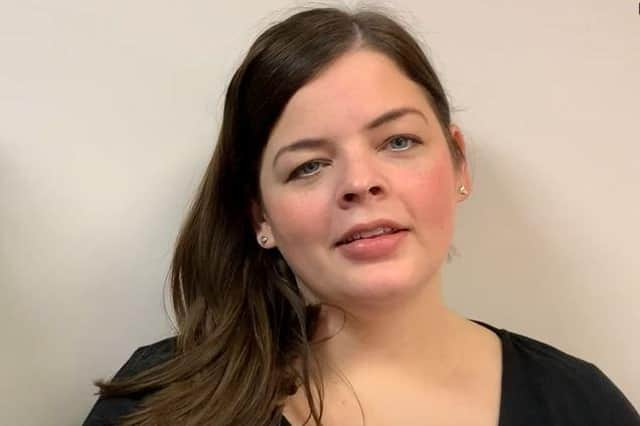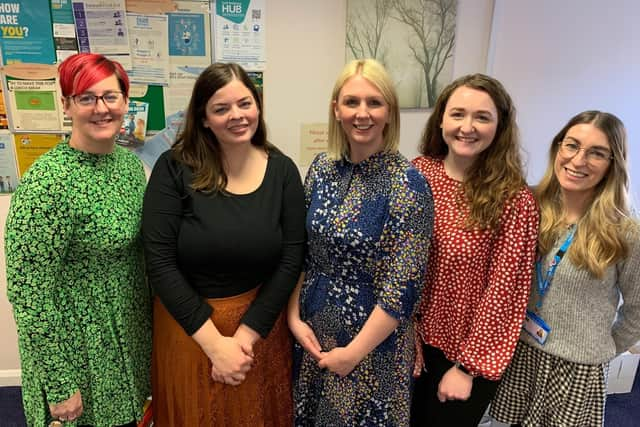COLUMN: There is support available for people affected by baby loss


Here at Lincolnshire Partnership NHS Foundation Trust (LPFT), we have recently expanded our perinatal service to offer specialist psychological support to women and birthing people following the loss of a baby, in pregnancy after loss, and following birth trauma.
We know the loss of a baby is often life changing and can be traumatic. It can be difficult to find the words or to find someone to talk to openly about how you feel and we know this can lead to a sense of isolation which can impact grieving and well-being.
Advertisement
Hide AdAdvertisement
Hide AdBecoming pregnant after a loss can bring conflicting emotions and increased anxiety. We know that additional support during this time can make a real difference to people's experience of pregnancy and their ongoing grief and adjustment to life after baby loss.


We’ve introduced this service as part of the NHS’ long-term plan to ensure that women and birthing people can access psychological therapy if they experience complicated and/or traumatic grief after perinatal loss.
In the coming weeks, we will also be launching a new birth trauma service offering specialist therapy for those in need.
We have a new small passionate team including two psychologists, an assistant psychologist, a specialist midwife and two wonderful peer support workers.
Advertisement
Hide AdAdvertisement
Hide AdWe offer help and support through individual or group therapy, specialist midwifery care, and peer support.
This new service complements our existing perinatal mental health service which supports women and birthing people with a history of serious mental illness or those who become unwell in the antenatal or postnatal period.
Our team includes psychiatrists, mental health nurses, social workers, nursery nurses, psychologists, occupational therapists and peer support workers.
Our peer support workers and occupational therapists run a number of groups across the county including our Calms support group and online Steps to Recovery group, which we know people find really useful. They help build up confidence, consider coping strategies and compassionate self-help.
You can find out more at www.lpft.nhs.uk/perinataltraumaandloss